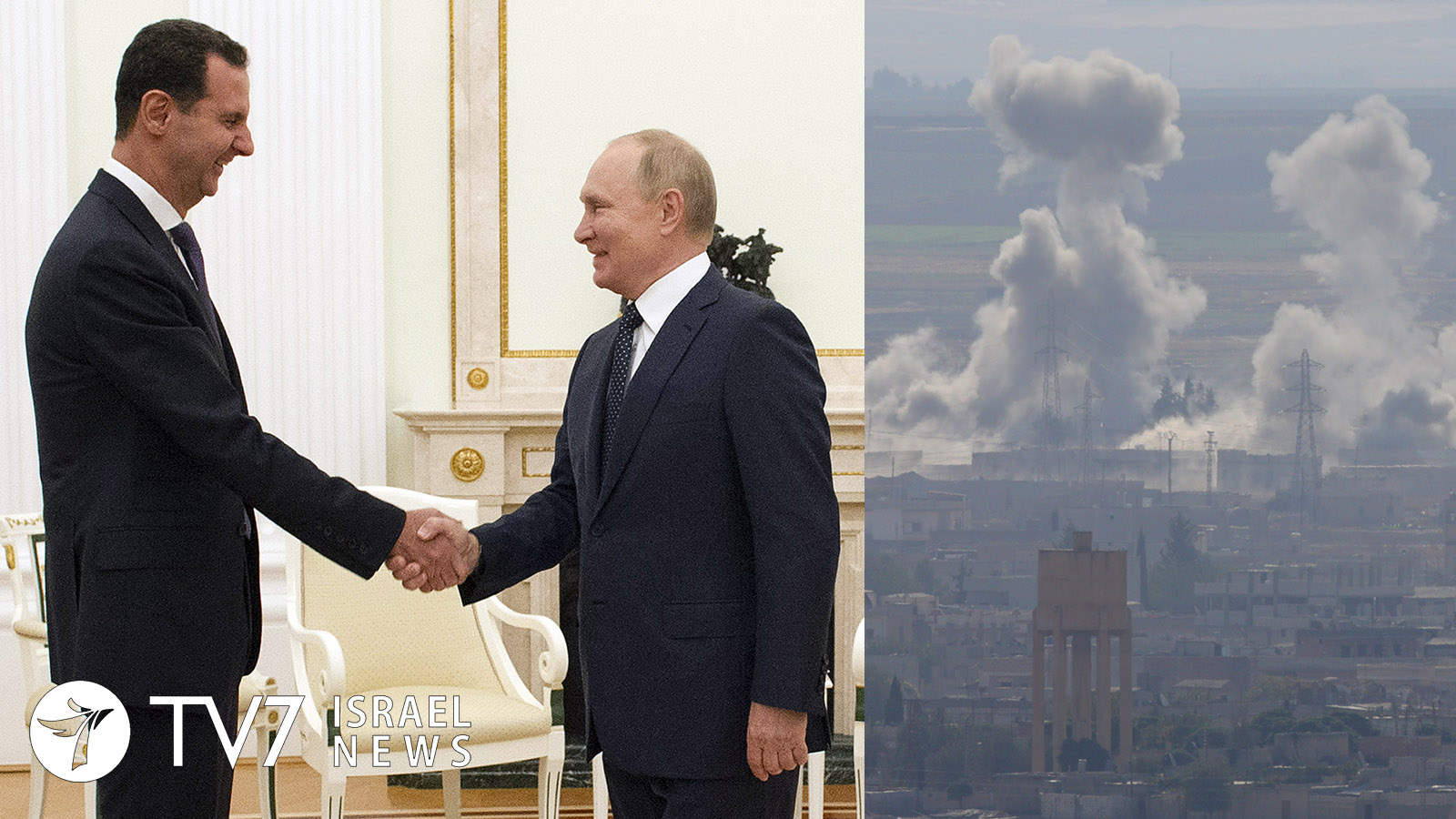The United Nations deems Syria unsafe for the return of refugees just one day after the country’s President Bashar al-Assad met with his Russian counterpart Vladimir Putin.
By Erin Viner
Russian President Vladimir Putin received his Syrian counterpart Bashar al-Assad in Moscow for the first time since 2018. Assad has made few trips abroad since the civil war in his nation erupted in 2011.
The meeting with Assad on Monday was Putin’s last public engagement before he announced yesterday that he was self-isolating as a precaution after several members of his entourage fell ill with COVID-19. Assad and his wife were both infected and recovered from the coronavirus earlier this year.
In a pointed rebuke of the United States and Turkey, a statement from the Kremlin said that Putin told Assad that the main problem in Syria is the presence of foreign forces without permission or a UN mandate, which he said “clearly runs counter to international law” and “undermines your ability to use your best efforts to consolidate the country and promote recovery at a pace that would have been possible if the legitimate government controlled the entire country.”
Putin is Assad’s most powerful ally in the decade-long Syrian civil war, and the Kremlin’s deployment of Russia’s air force in 2015 has helped the regime forces recover most of the territory lost to insurgents.
Assad has also been assisted by Iran during the conflict.
While Assad has recovered most of Syria, significant areas remain outside his control: Turkish forces remain throughout much of north and northwest Syria to assist the last major bastion of anti-Assad rebels, while US troops are present to support Kurdish-led militias who hold parts of the east and northeast.
Damascus considers the American and Turkish soldiers as “occupiers,” whereas Russian forces and Iranian-backed militias are there at the government’s invitation.
The Kremlin said Assad thanked Russia for its provision of “humanitarian aid” and efforts to halt the “spread of terrorism” with the successful “liberation of occupied territories” by the Syrian and Russian armies. This was echoed by the Syrian state news agency SANA, which reported that the two leaders had discussed the ongoing cooperation between their militaries in “combating terrorism and completing the liberation of the land that is still under the control of terrorist organizations.”
Assad complained to Putin that sanctions imposed by some nations against Syria were “anti-human” and illegitimate. The US is among several countries that tightened punitive measures against the regime last year, as a means to pressure Assad to resolve the conflict through a political solution.
The Russian and United Nations estimations on how much of Syria is under Assad’s control vary widely. While Putin said that the “‘Terrorists’ sustained very serious damage” and the Syrian government has regained “90% of the territories,” the 24th report of the UN Commission of Inquiry on Syria (CIC) released yesterday put the number at just 70%.
The UN report also noted an overall increasingly dire situation in the Arab Republic marred by ongoing rights violations including arbitrary detention of civilians by government forces, worsening violence in several areas including rising attacks by the Islamic State, a collapsing economy and drought.
The war against Assad’s rule resulted in the world’s greatest refugee crisis. 5.6 million Syrian civilians are now living in neighboring host nations, while more than one million others are in Europe. Many of the displaced people have been facing increasing pressure to return to Syria.
“The war on Syrian civilians continues, and it is difficult for them to find security or safe haven in this war-torn country,” said CIC Commission Chair Paulo Pinheiro, adding that, “One decade in, the parties to the conflict continue to perpetrate war crimes and crimes against humanity and infringing the basic human rights of Syrians.”
A UN press release said that “the Commission has continued to document not only torture and sexual violence in detention but also custodial deaths and enforced disappearances.”
CIC Commissioner Hanny Megally said there had been a “return of sieges and siege-like tactics” in southwestern Syria, while increased air and ground strikes in the northwest on markets, residential areas and medical facilities are conducted “often indiscriminately, causing numerous civilian casualties.”
